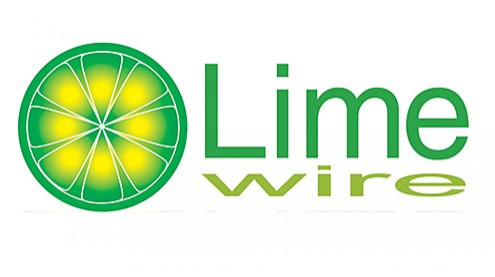LimeWire, RIAA settle copyright dispute for only $105 mln

LimeWire, a major peer-to-peer (P2P) company that was accused by the Recording Industry Association of America (RIAA) of being a platform for illegal music transfers, has been let off lightly as it settled the dispute at $105 million, far short of $1.4 billion that was first sought by the plaintiffs.
After the US Supreme Court ruled against another P2P service Grokster in 2005, most major P2P companies closed their services. LimeWire was the only company to ignore and continued operating. According to a report by CNET, RIAA had previously warned LimeWire and its CEO Mark Gorton to stop their P2P service. LimeWire stopped distributing its software in October 2010 under the court order.
Mitch Bainwol, chairman of the RIAA, said P2P services such as LimeWire have greatly damaged the music companies. As the court heard during the last two weeks, LimeWire wreaked enormous damage on the music community, helping contribute to thousands of lost jobs and fewer opportunities for aspiring artists, Bainwol said.
The settlement on Thursday concluded with an agreement that LimeWire will pay $105 million to the four record companies that constitute the RIAA.
Bainwol was pleased with the decision. The resolution of this case is another milestone in the continuing evolution of online music to a legitimate marketplace that appropriately rewards creators, he said.
However, Gorton, represented by his lawyer Joseph Baio from law firm Willkie Farr & Gallagher LLP, is reportedly also pleased because LimeWire got away lightly - Gorton could have been forced to pay up to $1.4 billion, more than 13 times of what they had settled for. According to the Wall Street Journal, Baio said Gorton was not required to admit any wrongdoing as part of the settlement.
The settlement is also less that what Kazaa, another P2P company, had to pay five years ago - $115 million.
Meanwhile, although the settlement signals the end of the last major P2P company, copyright piracy is far from over as other download websites such as RapidShare have become illegal downloaders' new platforms for their activities.
© Copyright IBTimes 2024. All rights reserved.





















